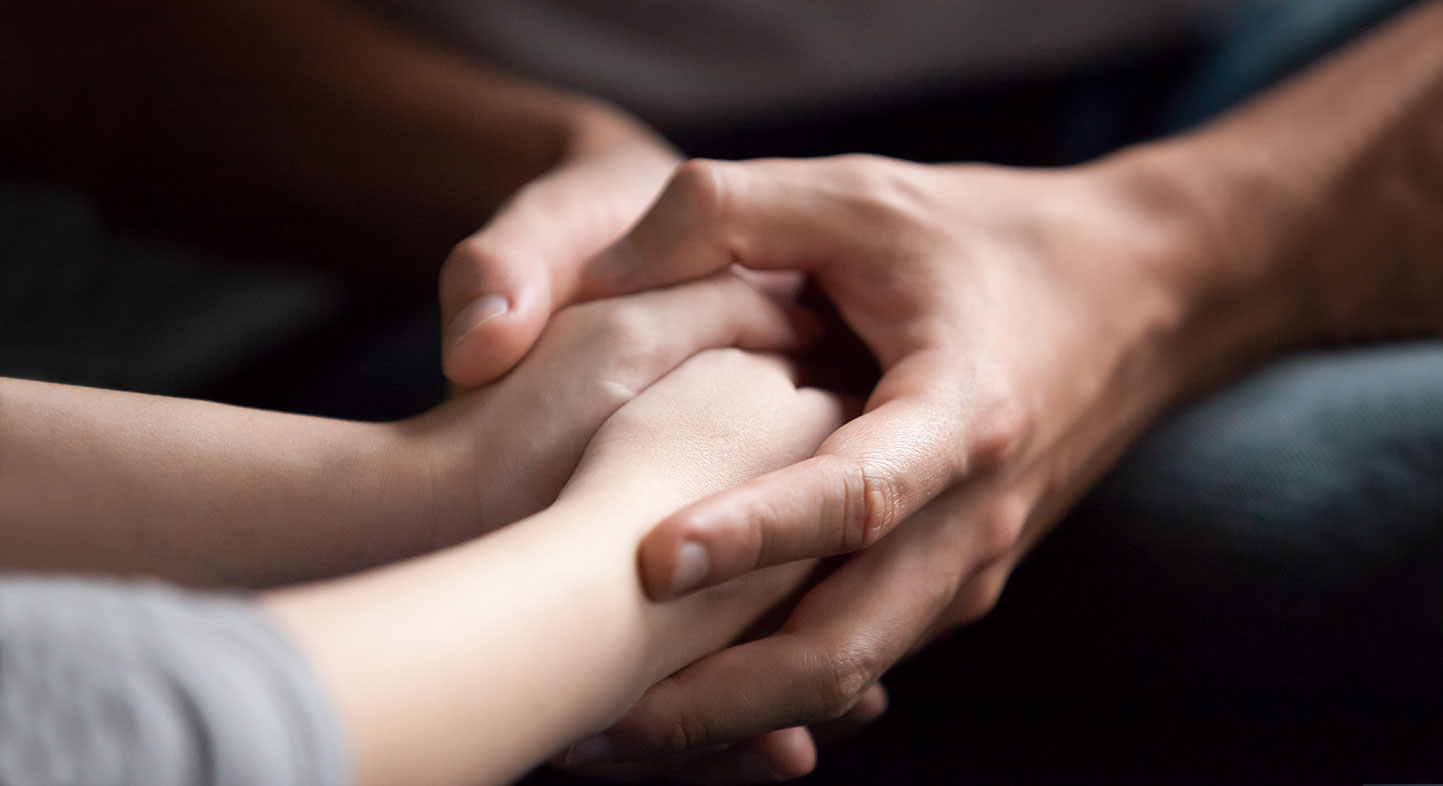
For every person suffering from chemical dependency and addictions at least four people are affected. This is because the individual’s thoughts, words, deeds and existence revolves around using – when, how, with whom, how much etc. The loved one’s minds are preoccupied by the same … when, how, with whom, how much etc. will the person be using – though the loved one might be at work, travelling, sleeping, eating etc. The mental, emotional occupation with the obsession and the compulsion to find out about the chemically dependent person is increased many fold – exactly as what happens with the person who is using. Their lives revolve around the person using. This is called Codependency.
How Co-dependency Affects Life?
Co-dependency often affects a spouse, a parent, sibling, friend, or co-worker of a person afflicted with alcohol or drug dependence. A wife may cover for her alcoholic husband; a mother may make excuses for a truant child; or a father may “pull some strings” to keep his child from suffering the consequences of delinquent behavior. The problem is that these repeated rescue attempts allow the person addicted to continue on a destructive course. When the caretaking becomes compulsive, the co-dependent feels choice less and helpless in the relationship, but is unable to break away from the cycle of behavior that causes it. Co-dependents view themselves as victims. They thus become enablers to the addict. They undergo the same and deeper denial patterns. They have difficulty in saying “no”, in just having fun and are filled with fear, insecurity, inadequacy, guilt, hurt, and shame which are denied. They mask their feelings of confusion and low esteem by blaming the other person, as they believe that the other is the cause of or are responsible for their emotions. Just as the addict is intoxicated with alcohol & drugs, the co-dependent is intoxicated by his/her emotions. They do not acknowledge that problems exist. They don’t talk about them or confront them. They become “survivors.” The co-dependent person learns to repress emotions and typically sacrifices his or her needs to take care of a person who is sick. When co-dependents place other people’s health, welfare and safety before their own, they lose contact with their own needs, desires, and sense of self. They live believing they need an outside person or substance to be complete.
People are so conditioned by adulthood that they have adopted a false self (codependent) and do not realize it. Here is a list of questionnaires that would help someone to identify the symptoms of co-dependency.
Questionnaires for Co-Dependency Signs
- Did you ever lose time from work due to your relationship with an addicted person?
- Have your relationships ever made your life unhappy?
- Have your relationships affected your reputation?
- Have you ever felt remorse after manipulating a situation?
- Did you ever control situations to get money to pay debts household bills or otherwise solve financial difficulties that belong to someone else?
- Has your involvement in a relationship caused a decrease in your ambition or efficiency?
- After a fight or disagreement, did you feel you must get even?
- After winning an argument, did you have a strong urge to restate your point?
- Did you often stay in a relationship until your last hope was gone?
- Did you ever borrow money to finance another person’s addiction or associated crisis?
- Have you ever sold anything to finance another person’s addiction or associated crisis?
- Were you reluctant to purchase necessary items because it may cause a disagreement?
- Did your relationships make you care less of the welfare of yourself and your family?
- Did you ever stay in a degrading or dangerous situation longer than you planned?
- Have you ever dragged old hurts into discussions about current items?
- Have you ever committed, or considered committing, and illegal act to finance someone’s addiction?
- Did your relationships cause you to have difficulty in sleeping?
- Do arguments, disappointments or frustrations create within you an urge to change someone else?
- Did you ever have an idea that if loved ones would only see things your way, life would be much better?
- Have you ever considered self-destruction as a result of your reactions or relationships?
Treatment for Co-Dependency
Any family issues like between the husband and wife or parent and child can be brought on the table before the counselors and dealt with through communication. The ties with the family that were frayed are bridged and built up. Even after the individual completes treatment a follow up is essential with the family and him/ her at their residence too if required after a month or so to smooth ties and facilitate better communication.
The Codependent also experiences during their therapy – meditations, writing, sharing etc. to get to know themselves, reclaim their lives, take responsibility of themselves and regain their lost dignity and confidence and individuality. The emotions become more realistic, one learns to detach with love.
Thus any therapeutic process should be individualized and cohesive. This happens when each individual has worked upon himself / herself. Only when there is change within can change be recognized and understood in another individual. There can be a meeting on a common platform.
Hence it is very essential that the loved ones of the one afflicted undergo codependency counseling themselves while the person addicted to the substances is undergoing residential treatment. This enables them to understand themselves better. During the course of residential treatment, the family is invited over to stay with the clients one member at a time.
Post Your Comment:


0
votes